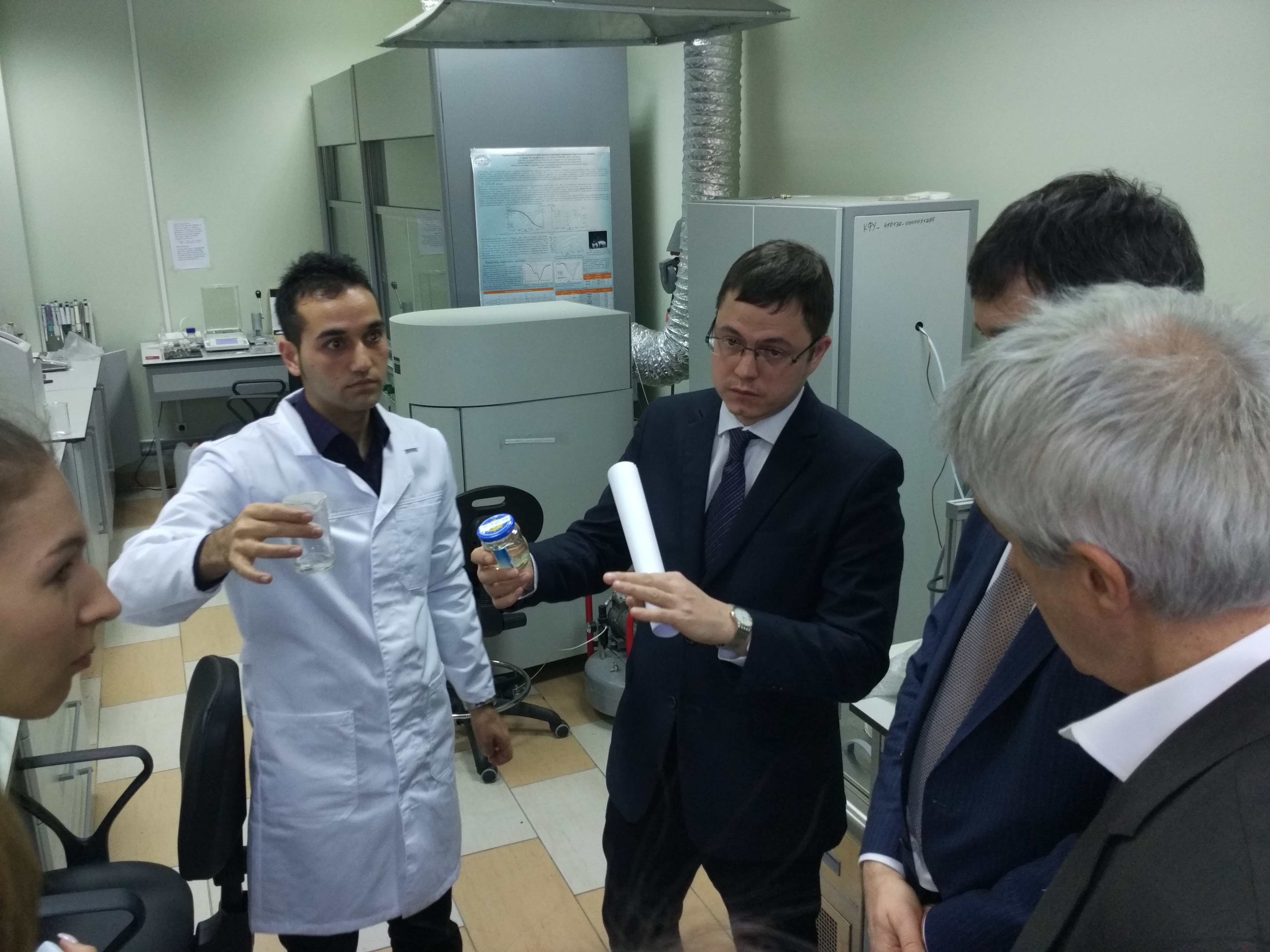Kazan University is one of the 32 winners of the latest bidding in Arctic-focused contest.
KFU employees have been engaged in hydrate studies since 2016. Many questions were raised at that time about the practicality of the choice, but now its correctness is evident. The Arctic has since become one of the primary focuses of Russian state policies.
Of course, gas hydrates are only a part of the potential research domain. However, they are very important because they often become the main culprits in serious technological disasters. As for inhibitors, the existing types are rather expensive and insufficiently effective. Other disadvantages are low water solubility and toxicity.
Assistant of the Rheological and Thermochemical Research Lab Abdolreza Farhadian explains, “First of all, we’ll have to find ways to deal with the solubility problem. To that end, we plan to use water-soluble polyurethanes. There are also cheap and biodegradable compounds, such as polyvinyl alcohol, glucose, and chitosan. Inhibitors based on them have branched structures and sulfate, phosphate and carboxyl groups, so they can create new hydrogen bonds with water; whereas hydrophobic aromatic and aliphatic groups provide distance and help disrupt hydrogen bonds among water molecules. All this will stop the hydrates from forming. Finally, the third part of the research will be dedicated to joint application of hydrate inhibitors and anti-agglomerates as a strategy to effectively inhibit hydrates in-situ.”

